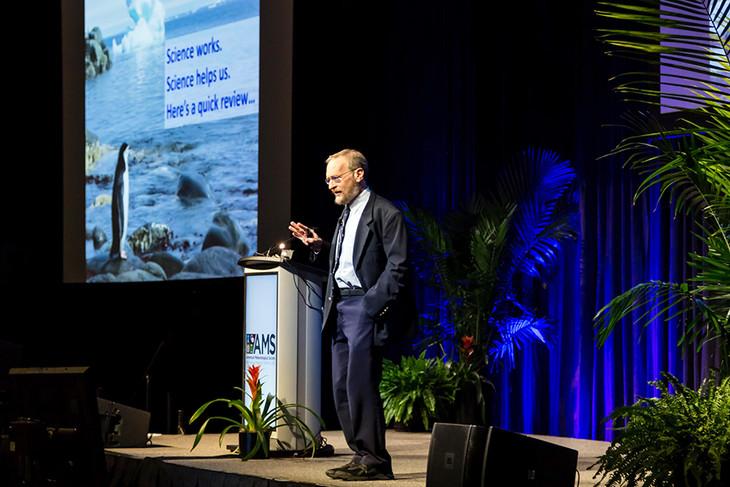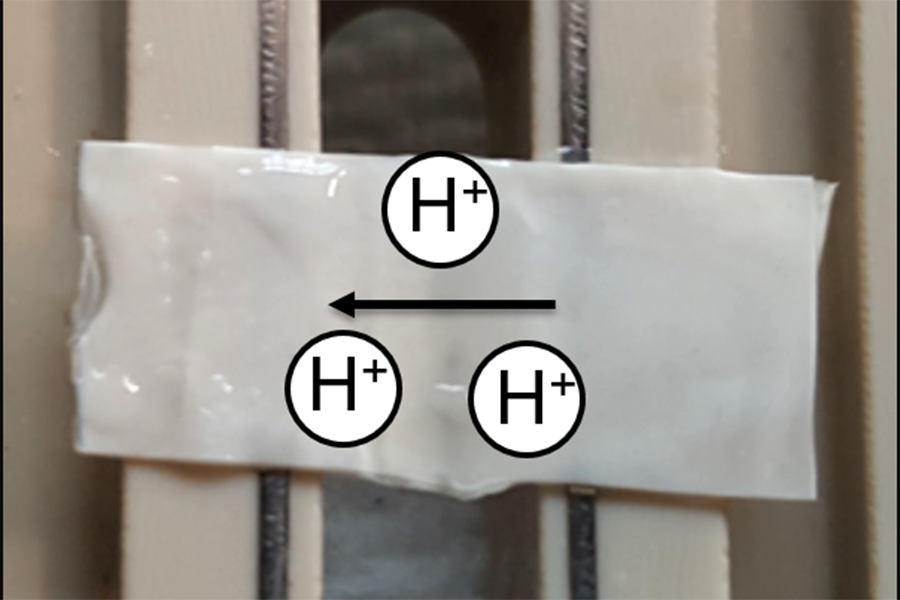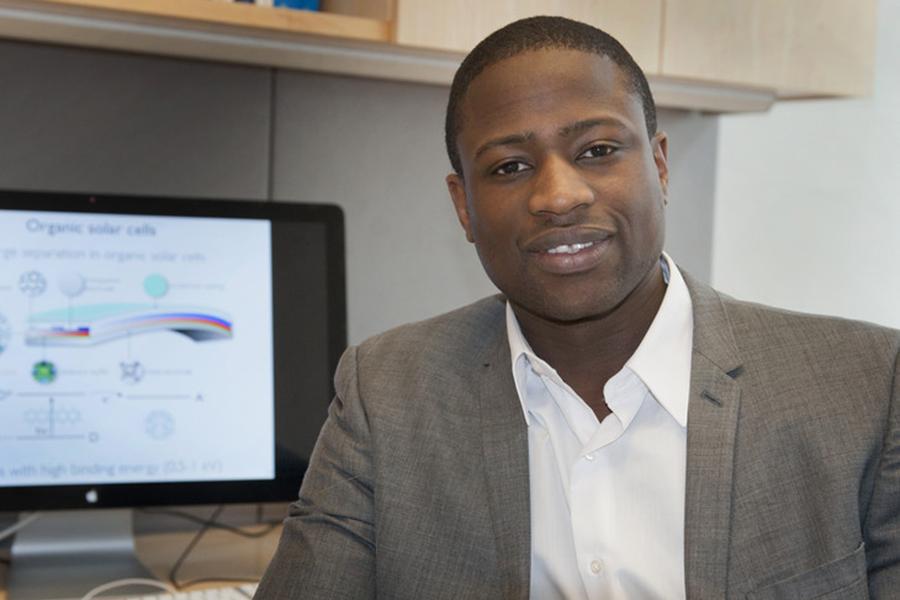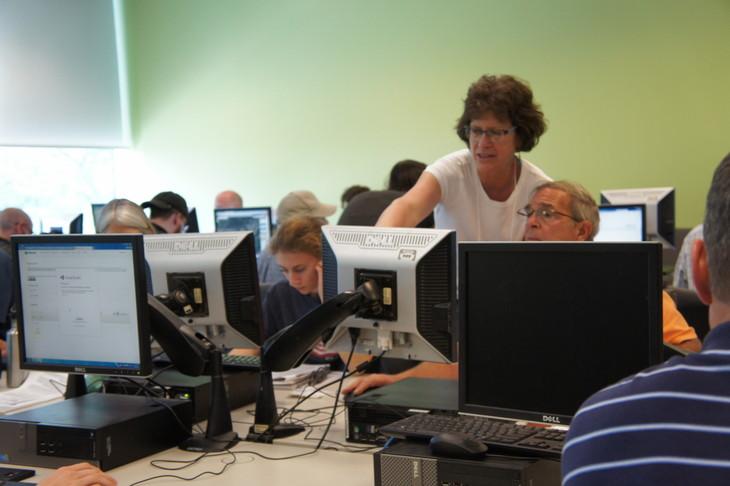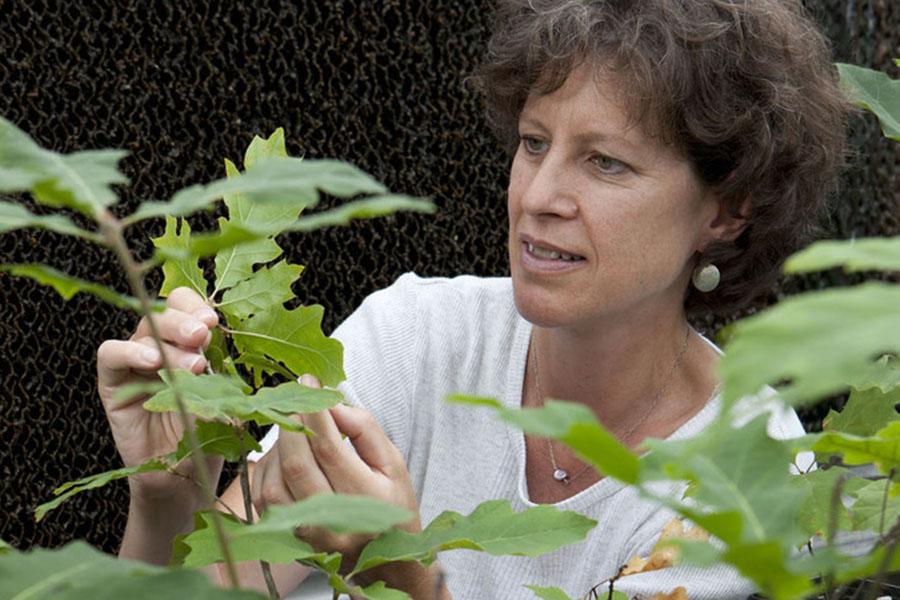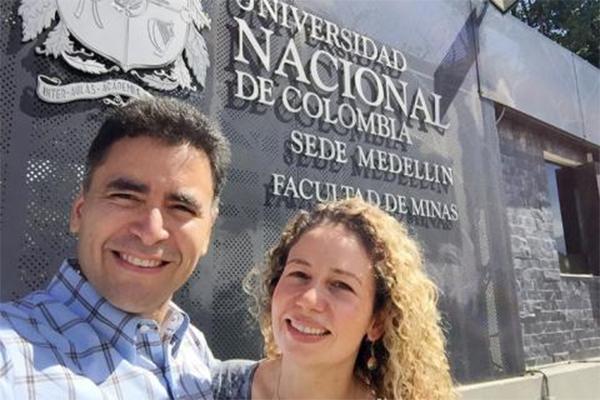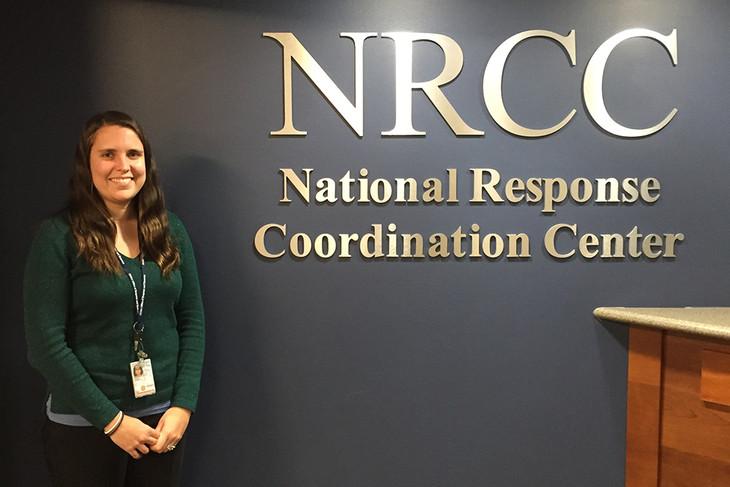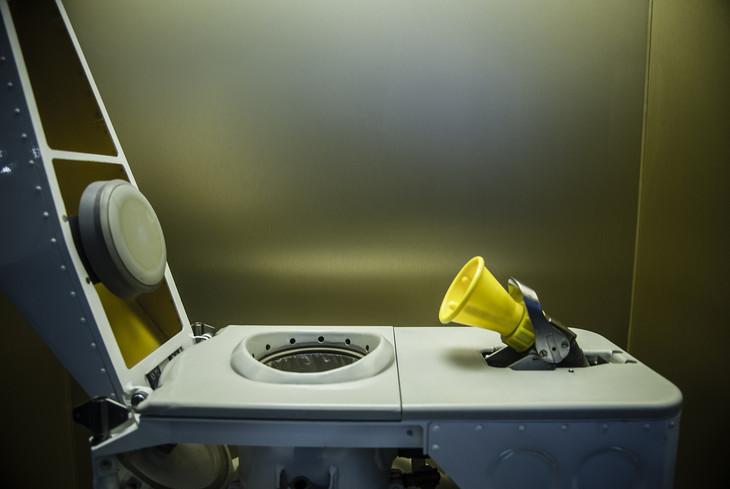Richard Alley has a message for scientists: It’s time to revamp the message. In a keynote address to scientists and educators at the 2018 American Meteorological Society Conference, Alley said people may be losing their appreciation for the good they get from science, and it’s up to the scientific community to change that.
Medical devices powered by synthetic proteins created from repeated sequences of proteins may be possible, according to materials science and biotechnology experts, who looked at material inspired by the proteins in squid ring teeth.
A Penn State graduate, who earned his degree online, is leading an FBI team that is charged with overseeing the safety of athletes, spectators and visitors during the Winter Olympics.
A grant totaling $1.2 million over three years has been awarded to researchers at Penn State and Cornell University by the National Science Foundation to identify a material that can most efficiently separate water into hydrogen and oxygen, to collect hydrogen as a sustainable fuel source.
Shale Network, a team of scientists studying water quality around Marcellus Shale drilling in Pennsylvania, has spent the last six years fostering a dialogue between concerned citizens, watershed groups, government regulators and representatives from large energy companies around water quality data in the state. The team published a paper in the journal Science last week discussing the impacts of its project.
Susan Brantley, distinguished professor of geosciences and director of the Earth and Environmental Systems Institute at Penn State, will receive the European Association of Geochemistry’s 2018 Urey Award.
For both Zuleima Karpyn and Luis Ayala, leaving their home country of Venezuela for a Penn State education seemed like a daunting task. After all, they never could have imagined that it would lead to advancing their education, developing their careers as faculty members or meeting each other, resulting in a marriage that’s produced three children.
As an emergency management specialist with the Federal Emergency Management Association, Adrienne Kramer is applying her geography skills to build maps, analytical tools and other resources to help the agency improve its response and recovery operations.
Human waste may one day be a valuable resource for astronauts on deep-space missions. Now, a Penn State research team has shown that it is possible to rapidly break down solid and liquid waste to grow food with a series of microbial reactors, while simultaneously minimizing pathogen growth.
The warming climate is expected to affect coastal regions worldwide as glaciers and ice sheets melt, raising sea level globally. For the first time, an international team has found evidence of how sea-level rise already is affecting high and low tides in both the Chesapeake and Delaware bays, two large estuaries of the eastern United States.


